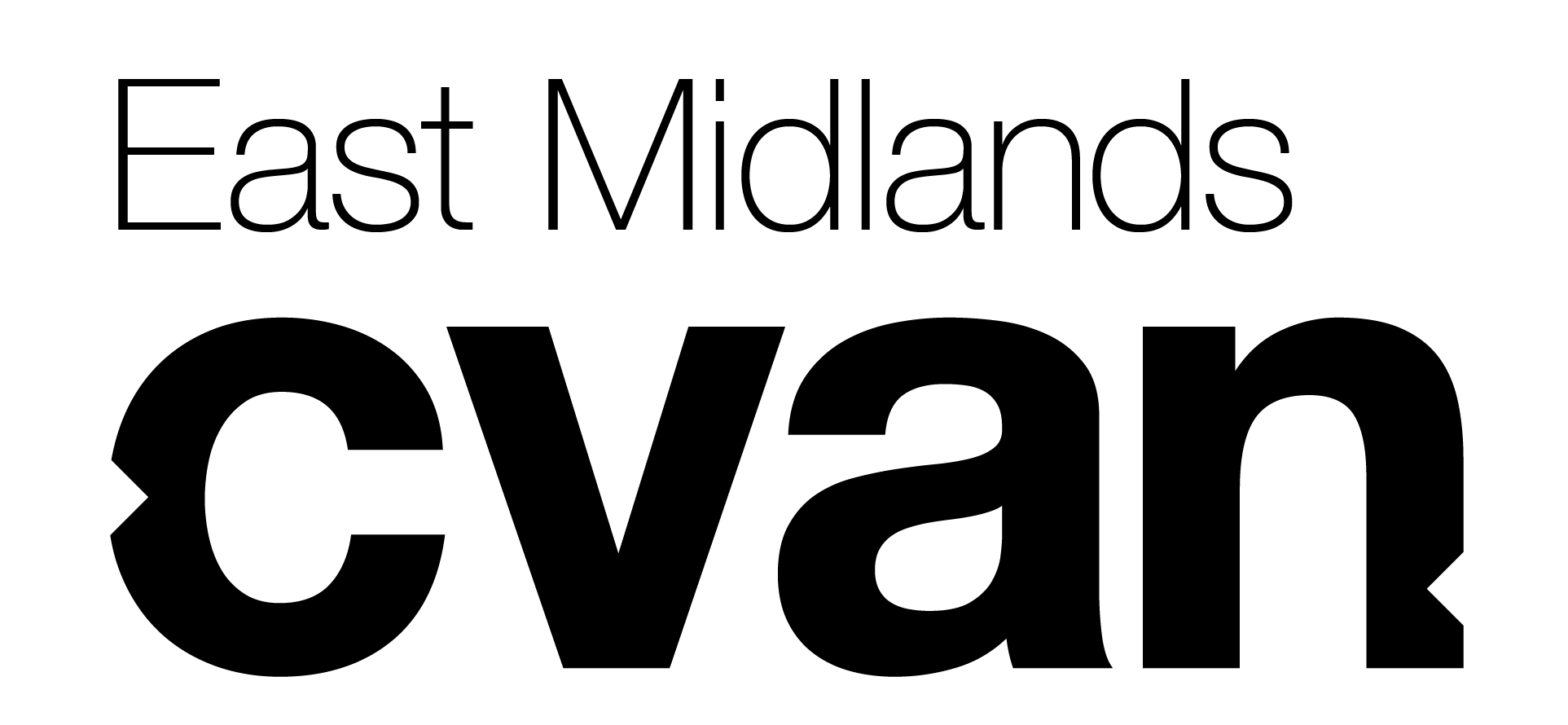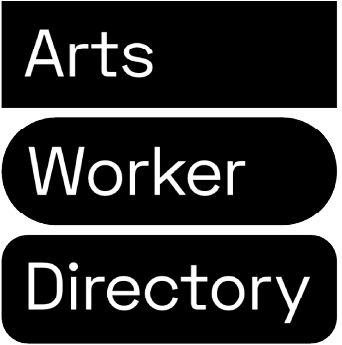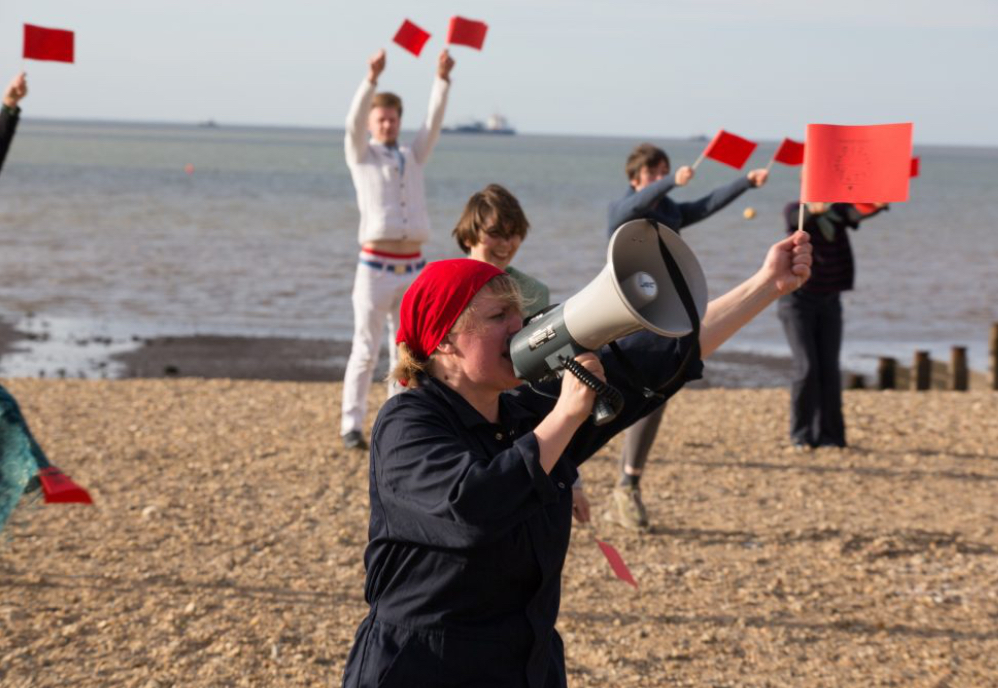An Open Letter to the Chancellor
Letter about the impact of Covid-19 on the Visual Arts and how to save an art form that plays a central role in the UK’s economy and society.
Rishi Sunak MP, Chancellor of the Exchequer, HM Treasury
Kemi Badenoch MP, Exchequer Secretary to the Treasury, HM Treasury
Oliver Dowden MP, Secretary of State for Digital, Culture, Media and Sport, Department for Digital, Culture, Media & Sport
2 July 2020
Dear Ministers,
The Contemporary Visual Art Network (CVAN) for England is writing to urge you to take immediate and far-reaching action to protect the visual arts and the cultural and creative industries from the ongoing effects of the coronavirus pandemic.
The visual arts make a significant social and economic contribution to the success story of the UK, holding a global reputation for excellence in the creative industries. British creativity has given rise to one of the essential cultural markets, attracting world-leading talent and tourists from around the world. The culture sector contributed to £10bn to the UK economy in 2017.
CVAN is a sector support and advocacy organisation that represents and supports a diverse visual art community of artists, creative practitioners, and arts organisations, institutions and art galleries across the nine regions in England.
The creative industries are integral to the visitor economy, community cohesion and the overall the mental health of the nation. The visual arts sector, in particular, makes a powerful contribution; strengthening communities across the country with the transformative mission to inspire every individual to realise their creative potential, building empathy and resilience within our communities.
Protecting this sector will be a vital part of the recovery, helping our towns and cities to build back better. Therefore, here are our immediate and future recommendations that we see as a primary investment. Enclosed Appendix – Written evidence submitted by CVAN, 17 June 2020 to House of Commons Select Committee on Digital, Culture, Media and Sport.
Immediate
1. Small organisations and independent practitioners, especially disabled and neurodivergent artists and Black and People of Colour artists face significant loss of livelihood and are most vulnerable to employment precariousness. These groups should be at the forefront of recovery plans.
2. The expansion of freelance ‘gig’ economies has put countless individuals in the visual arts sector at high risk of financial hardship. Unless systemic changes are made to ensure a more resilient response to emergency scenarios, many will be forced to leave the sector.
3. The Arts Council England’s (ACE) emergency support is welcomed, but additional and continued funding is crucial throughout the pandemic and long-term recovery process.
The Future
4. The government must consider the disparity of funding available to each art form, not solely prioritising theatres, opera and the performing arts, and can assist in the restarting and recovery of the visual arts sector by:
a. Supporting the development of new business models
b. Providing long-term investment and public funding for freelancers such as artists, independent curators and micro to small-medium-enterprises.
5. Government funding and policy is crucial for access to creative education (state, HE, micro-credential), regardless of socioeconomic, ethnic or cultural background, and to support the entrance to and retention of creative careers.
6. The value the public has placed on arts and culture during the pandemic, and the role of visual arts in non-creative sectors must be acknowledged and leveraged in the economic, health and well-being the recovery of the nation.
The contribution of galleries and museums to the mental health and well-being of our communities (urban/rural/large/small) is vital and proven, not at least of all in the roll-out of social prescribing. Artists are at the forefront of this but continue to be forgotten as economic contributors to the UK.
We urge you to address the significant disparities that exist to protect our sector and community.
Yours sincerely,
Sarah Munro
Chair of Contemporary Visual Arts Network and Director of BALTIC Centre for Contemporary Art, Gateshead
Image: Performance Klub Fiskulturnik, Yugo Yoga on Whitstable Beach 2012. Photo: Matt Wilson


